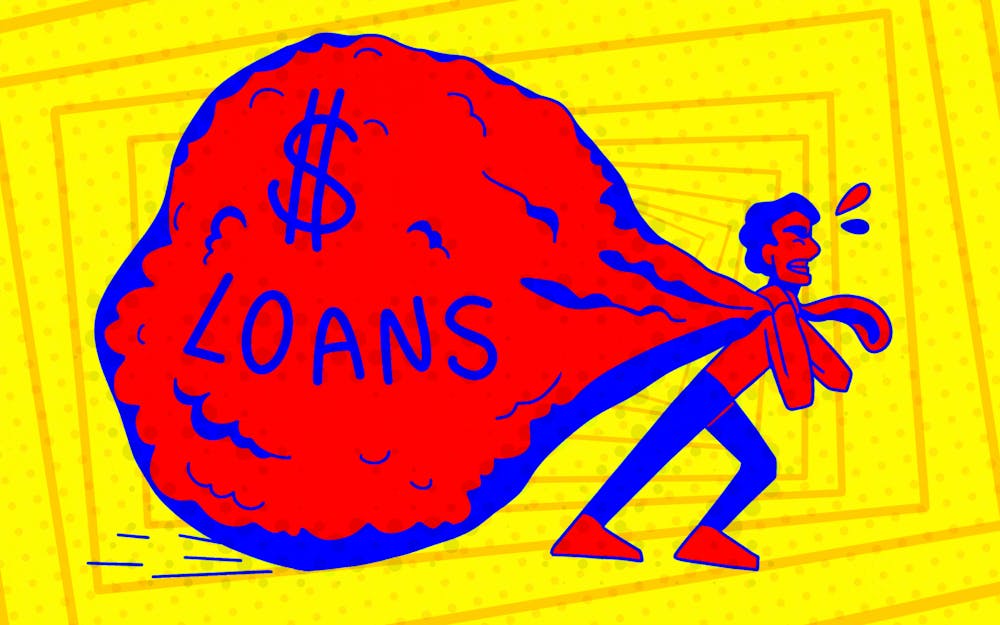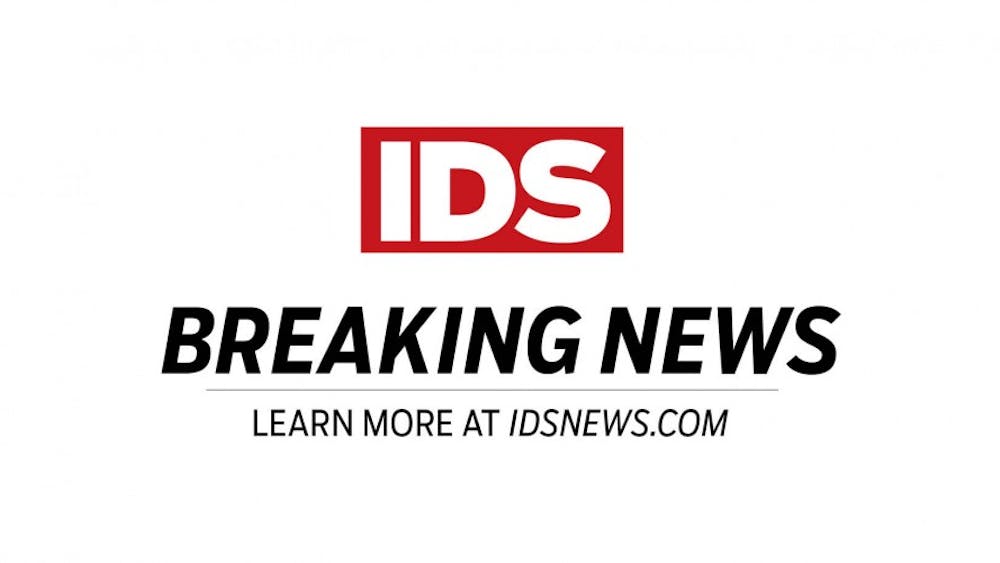On Wednesday, Aug. 24, President Biden unveiled a three-part student loan forgiveness plan that will target debt relief, reform monthly repayment plans and forgive loan balances sooner.
Phil Schuman, executive director of financial wellness and education, said the plan will allow families struggling with economic uncertainty due to the COVID-19 pandemic to put money away.
“The issue with a lot of families who have had student debt is they’ve just been treading water at the very best as a result of their finances,” Schuman said.
Pell Grant recipients are eligible for $20,000 of student loan debt relief if they make under $125,000 annually or if they’re married and together make under $250,000 annually. Non-Pell Grant recipients are eligible for $10,000 of relief with the same requirements.
According to the White House, the plan should target low to middle-income borrowers of all ages. The Department of Education estimates nearly 90% of relief aid for borrowers no longer in school will go to those earning under $75,000 per year.
Schuman said people underestimate how much the changes to repayment may affect their lives. Former repayment rates ranged from 10-15% of borrowers’ discretionary income while new rates cap at 5%, meaning the dollar amount paid could be cut in half.
Student debt repayment was paused during the early months of the pandemic, meaning borrowers wouldn’t accrue interest or be required to make payments during this time. The moratorium’s end date has been pushed back one final time to January 2023.
However, those eligible for loan forgiveness who continued making payments throughout the pandemic can apply to have those payments refunded, according to CNBC.
“They’ve been doing, in theory, what they’re supposed to be doing,” Schuman said. “They were doing a really proactive thing in paying those loans, and the government said, ‘We hear you. We’re going to give you that money back if you request it,’ which is pretty cool.”
James Kennedy, IU’s associate vice president for University Student Services and Systems, has worked with financial aid throughout his career. IU students average $26,021 in student debt at graduation, Kennedy said, which is on the low end across Big Ten schools.
Kennedy said IU focuses on ensuring students understand their debt, and IU programs like student notifications, student debt letters and advising with cost in mind help ensure students are aware of their debt and how they’ll repay it. He said debt cancellation likely won’t affect students now, as most students don’t start repaying loans until after graduation.
Still, any loan dispensed before July 1 is affected for those eligible, meaning current IU sophomore, junior and senior borrowers should contact their loan servicers to see if they qualify.
“Students who have already had loans here will see cancellations,” Kennedy said. “If that helps students, I think that’s a real positive.”
However, some people don’t agree that cancellation is for the better. After the announcement, the IDS asked for student and parent opinions on Facebook. People said it wasn’t fair their tax dollars went to repayment when they had no say.
Kendra Bartlett, an IU alumna and parent to a current IU freshman, said she’s completely against forgiving student loan debt.
“I do not think I have the 'right' to send my child (to) any school. I have the right to send them to a school I can afford," Bartlett said in an email. “If you choose to ask for help (loan) then you must pay it back! It's that simple.”
She said the plan falls on those who didn't go to school or who have already paid their loans and said the government should slow the rise in college cost or offer interest-free loans instead of canceling them.
“I am not against those who need to take out a loan — I am against taking out a loan and not paying it back," Bartlett said in the email. “You are responsible for your own actions and must honor your commitments.”
Schuman acknowledged the plan’s taxpayer expense but said the money would have to come from somewhere. He said he sees the change the cancellation made in the faculty and staff he works with.
“With so much debt, there’s a tendency to not see that light at the end of the tunnel,” Schuman said. “If nothing else, I see a lot more hope.”






